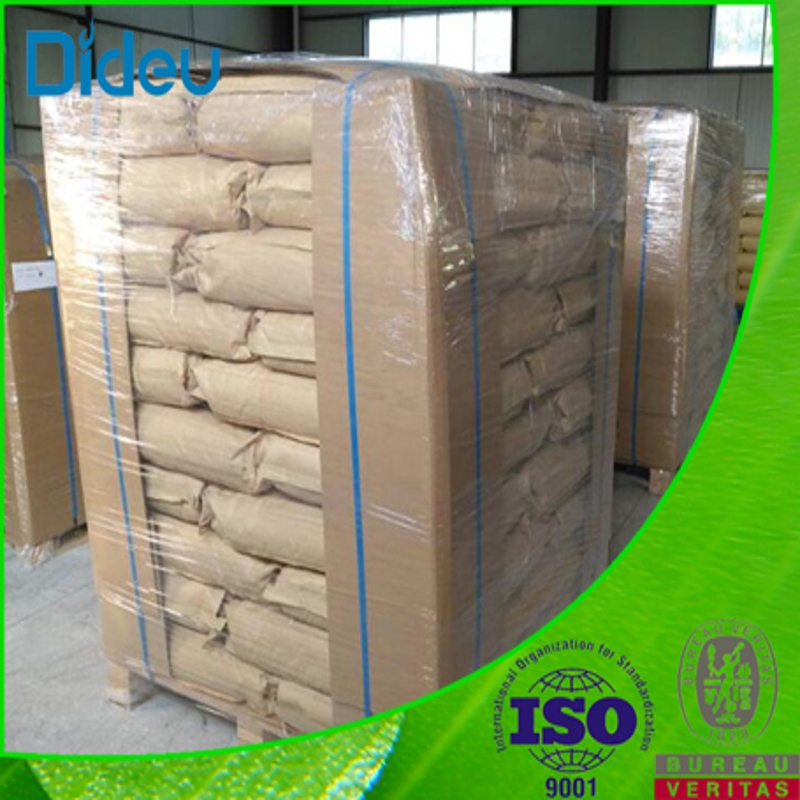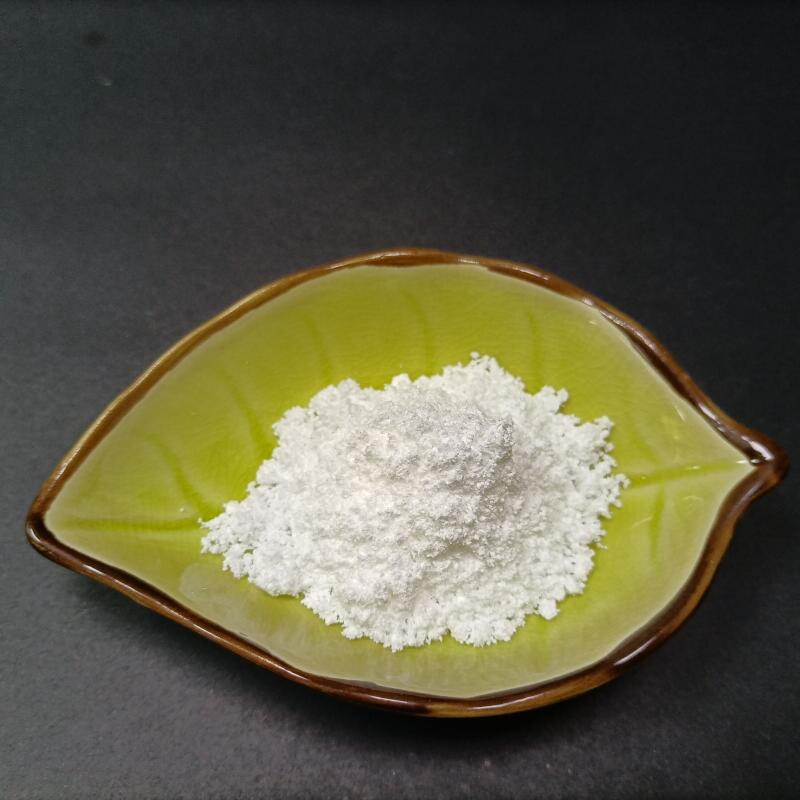-
Categories
-
Pharmaceutical Intermediates
-
Active Pharmaceutical Ingredients
-
Food Additives
- Industrial Coatings
- Agrochemicals
- Dyes and Pigments
- Surfactant
- Flavors and Fragrances
- Chemical Reagents
- Catalyst and Auxiliary
- Natural Products
- Inorganic Chemistry
-
Organic Chemistry
-
Biochemical Engineering
- Analytical Chemistry
-
Cosmetic Ingredient
- Water Treatment Chemical
-
Pharmaceutical Intermediates
Promotion
ECHEMI Mall
Wholesale
Weekly Price
Exhibition
News
-
Trade Service
Research data for Phase II of the chimpanzee adenovirus vector COVID-19 vaccine AZD1222 (also known as ChAdOx1 nCoV-19), developed in collaboration with AstraZeneta and Oxford University, published online today in The Lancet Lancet, show that AZD1222 induces a strong immune response in older adults and is more resistant than in younger adults.
there are generally no pre-existing and medium antibodies against chimpanzee-type adenovirus in humans, so the vaccine developed with chimpanzee-type adenovirus vectors is often better than the common human serum adenovirus vectors.
AstraZenecon chimpanzee adenovirus vector COVID-19 vaccine action schematic (Photo:) The Lancet published data from the ongoing Phase II/III trial, which recruited 560 healthy adults aged 18 and over, divided into three subgroups by age: 160 aged 18 to 55, 160 aged 56 to 69, and 160 over 70 years of age.
subjects were randomly assigned different doses of AZD1222 or a controlled vaccine.
similar results for immune responses of all ages showed that on the 28th day after receiving two doses of the vaccine, participants in three age groups had similar levels of IgG against SARS-CoV-2 spike protein in their bodies, and that the moderate antibody titration was similar in three age groups.
further data showed that 208 of the 209 patients who received the second dose of the vaccine had a meso-antibody response 14 days after the dose was increased.
T-cell response peaked on the 14th day after a single dose of AZD1222 was injected in all age groups.
lead researcher Maheshi Ramasamy, of the Oxford Vaccine Group, said: "In our study, it was very encouraging to see large numbers of antibodies and T-cell responses in older adults.
" Older people had better tolerance for safety, with 88 per cent of the 18-55 age group reporting a local reaction after the initial vaccination of two doses of AZD1222 subjects;
In addition, 86 per cent of the participants in the 18-55 age group had a systemic response, 77 per cent of the participants in the 56-69 age group had a reaction, and only 65 per cent of the participants in the 70-year-old age group had a systemic response.







